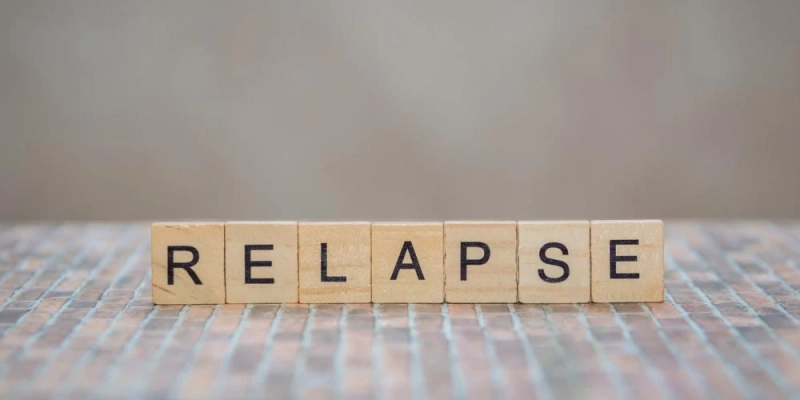Whether you are in the middle of your relapse addiction cycle or have experienced it before, there is a lot of information out there on how to cope with it. You will find information on coping skills training, symptom management, and mental and physical health.
Symptoms
Symptoms of relapse are the result of post-acute withdrawal and can be triggered by a variety of factors. Many people find themselves struggling with feelings of inadequacy after relapse, which can make it difficult to recover.
People who are addicted to substances often use drugs and alcohol to self-medicate or relieve negative emotions. These feelings are then translated into actions that can lead to relapse.
The most effective way to avoid relapse is to engage in regular self-care. This can include practicing relaxation techniques, eating healthy, and maintaining a daily routine. You should also be sure to seek professional help if you find yourself struggling with relapse.
Some signs of relapse include boredom, resentment, and feeling like you've failed. You may also experience withdrawal symptoms, such as cravings for alcohol and other drugs.
Physical
During the process of recovery, a person may experience a relapse. This relapse can be physical, mental or emotional. It can be prevented by learning to identify relapse symptoms and by seeking help.
Emotional relapse is the resurfacing of negative emotions. This may occur when a person feels depressed or lonely. The person may also begin to rationalize that an addictive substance can relieve their negative feelings.
Mental relapse is the more overt form of relapse. It involves actively thinking about using drugs or alcohol. It may also involve reminiscing about past drug abuse. It is a common relapse trigger.
A physical relapse is the actual use of drugs or alcohol. It may involve driving to a liquor store, contacting a drug dealer or consuming alcohol. The person may also experience withdrawal symptoms, such as high blood pressure and nausea. The most effective way to interrupt a physical relapse is to prepare an exit plan.
Mental
Generally speaking, relapse occurs in stages. Each stage has a distinct pattern of thinking and behavior. This helps addicts know when they have reached a stage of relapse.
The first stage of relapse is emotional. The person begins to feel irritated and depressed. They begin to withdraw from social events and group meetings. They may also begin to repress inner turmoil and become less willing to talk to therapists.
The second stage of relapse is mental. The individual begins to entertain memories of past drug abuse and begins to rationalize that the substance will help them deal with their problems. They may start planning to use again. This is also the time when they start doubting their ability to remain sober.
The third stage of relapse is physical. The person begins to act on their urges, such as contacting a dealer or driving to a liquor store. This can lead to an endless cycle of substance use.
Psychological
Having an understanding of the psychological reasons for relapse is important in recovery. You should also know how to avoid relapse. Relapse prevention programs can help you avoid the most common relapses.
Relapse is defined as the act of using an addictive substance after sobriety. Often, relapse can occur over a period of weeks or months. During this time, the individual loses control of his or her behavior. To avoid relapse, you should learn about your body's reaction to alcohol and drug use.
The most common cause of relapse is a lack of self-care. This may include poor sleeping habits, poor eating habits, and lack of social support.
Some signs that an individual is experiencing a relapse include having an increase in thoughts of using. These thoughts need to be normalized in therapy.
Coping skills training
During relapse, it is important to develop coping skills training to help you deal with the cravings and stress that are associated with relapse. It's important to learn how to recognize these cravings, how to avoid high-risk situations, and how to handle the triggers that can lead to relapse.
Many people struggle with addiction. They may have spent time in rehab or sobriety and are unsure of what to do next. They may be uncomfortable in their own skin and may look for ways to escape. Using drugs or alcohol as a coping mechanism is a common reason for relapse.
Relapse can be deadly. It can be triggered by a stressful event or happy event. It can also be triggered by a person's own past memory. Identifying relapse triggers can be a great way to prevent deadly relapse.
0


